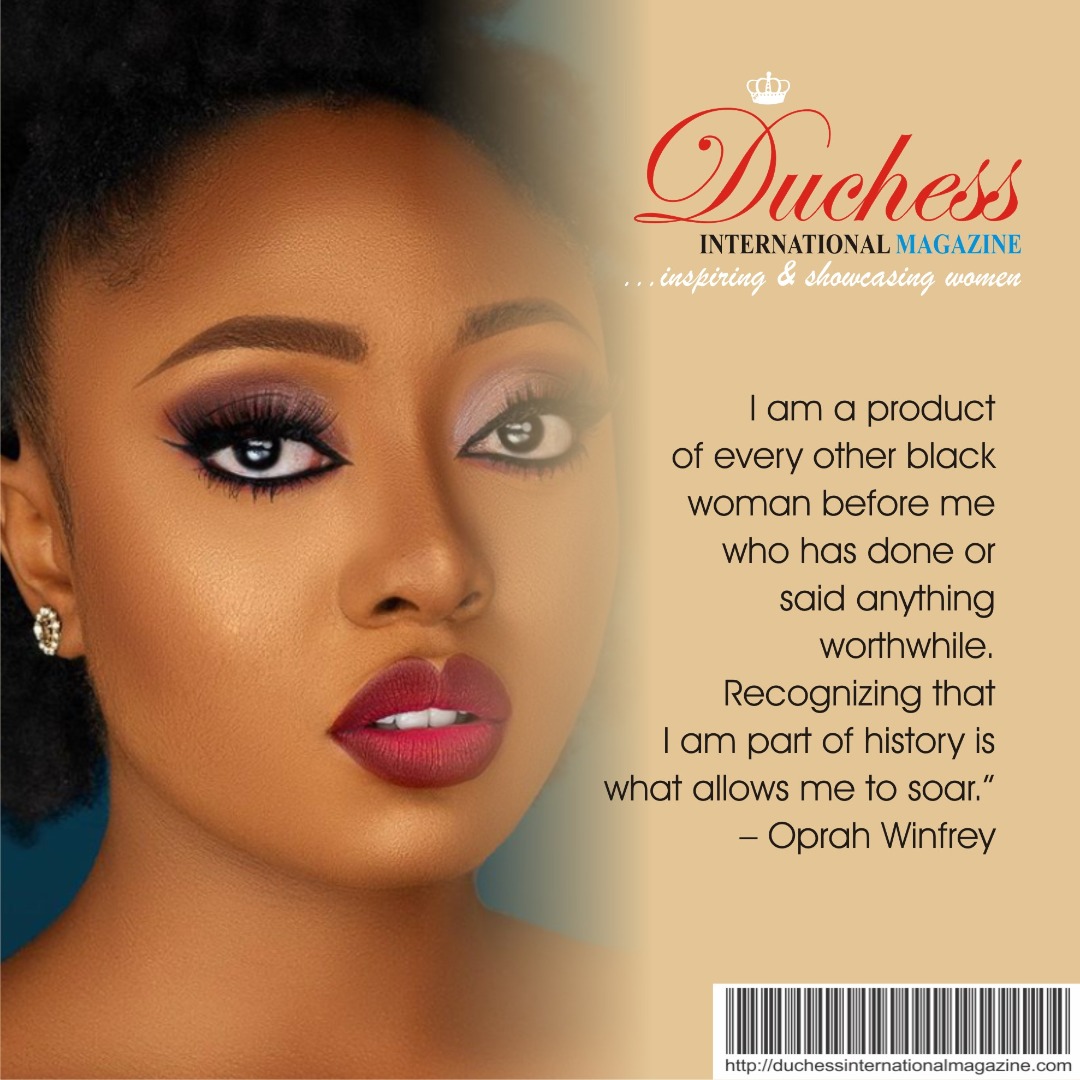In a four-part special of her series, Iyanla: Fix My Life, the life coach works with eight black women living under one roof in a “house of healing.”

Iyanla: Fix My Life, the series featuring spiritual teacher and life coach Iyanla Vanzant, has been a fixture on the Oprah Winfrey Network since 2012, and the addition of scripted programming likeQueen Sugar to the network has not changed that. For this season, Vanzant, known for her work withBasketball Wives’ reality star Evelyn Lozada after her violent breakup with former NFL player Chad “Ochocinco” Johnson, and also known for helping Chris Brown’s ex-girlfriend Karrueche Tran, launched a four-part special titled, “House of Healing: The Myth of the Angry Black Woman.”
Eight women—including actress Chrystale Wilson, known to some viewers as the stripper Ronnie from Ice Cube’s 1998 film, The Player’s Club, and Lira Galore, the former fiancee of rap mogul Rick Ross—share a house as Vanzant coaches them into their better selves.
The Root caught up with Vanzant, who has been helping black women heal themselves since the mid-1990s with such best-selling signature books as Acts of Faith and Faith in the Valley, to chat about why she chose this direction and topic and what steps viewers can take to fix their own lives.
The Root: What prompted the “House of Healing” direction, tackling the myth of the “angry black woman” for Fix My Life?
Iyanla Vanzant: My intention was to look at a common issue from a variety of perspectives because the women in the house represent a broad spectrum. You got a 20-something to a 40-something. You got single women; you got a married woman. You got mothers. You got women who’ve never been mothers. I wanted to look at a single issue from a variety of perspectives because I think that gives the viewers a deeper connection. From the very beginning, I’ve always said that Fix My Life is not television; it’s participatory work. So to be able to do that is what is giving this particular show the flavor that it has.
TR: Why did you choose this topic?
IV: The reason I chose the topic was because I got my feelings hurt one day when I was online and someone wrote that Mrs. Obama was an angry black woman. And they put a picture of her up, and I’m sure she was moving or talking, and you can snap a picture in an instant, and it looked like her face was distorted and her hands were in the air. I didn’t at all see it as angry, but it just brought to my mind that anger has become an identity that has been cast upon us, and we’ve taken it on.
And anger is not who you are. Anger may be what you feel. Anger may be what you experience, but it is not who you are, and so many of us walk around saying, “That’s an angry black woman,” not understanding that we are perpetuating a stereotype that dehumanizes us. Because anger is an emotion, and all humans have emotion.
Why don’t they ever call us disappointed black women? Why don’t they ever call us neglected black women? Why don’t they ever call us hurt black women or diminished black women? Why do we have to be angry? Look at all of the things that we experience. Look at all of the emotions that we feel. But the one that’s put on us is the one that dehumanizes us.
TR: So what is one of the key ways to combat that?
IV: It’s to look to what’s underneath the anger and that’s what we do in the “House of Healing.” We’re looking at what’s underneath the anger because the women, themselves, were not aware. The average human beings on the planet have a very limited emotional vocabulary. We know good, bad, right and wrong, sad, happy. We don’t know diminish, demean, disappointed. We don’t know dismissed. We know frustration, but we don’t know that as an emotional experience, so because of our limited emotional vocabulary, I thought it would be very enlightening to look underneath the anger, because this is really what motivates the behavior.
TR: So how can this translate to regular viewers? These women have the benefit of living in a house where you’re there to guide and coach them. How do people at home begin that process and make their home a “House of Healing”?
IV: Every single week, I have given a worksheet. For every single one of these shows, there is a downloadable worksheet that supports you in getting in touch with what you feel. Now, the thing is, we don’t want to do the work. We want to sit and be voyeurs. We want to criticize. We want to judge. But you have to do the work.
Those women worked their butts off. They did their journaling. They answered the questions that were presented to them. They honored the memories that were frightening and uncomfortable. But the average viewer at home wants to watch everybody else and not do their work.
How do we do it? I’ve made the worksheets available. How do we do it? Begin to tell yourself the truth. How do we do it? You have to engage in spiritual practice, where you learn how to breathe and how to be still and how not to react to every little thing. It’s about doing the work. That’s how the viewers are going to learn it.
“The House of Healing: The Myth of the Angry Black Woman” installments of Iyanla: Fix My Life, air on OWN Saturdays at 9 p.m. ET until Oct. 4.



















































